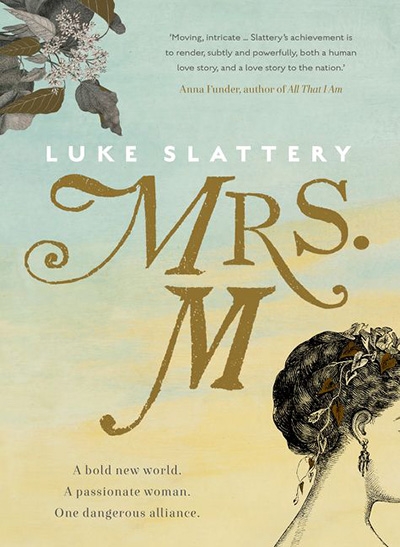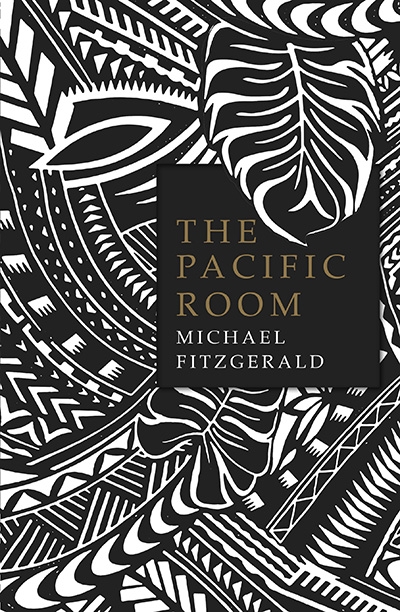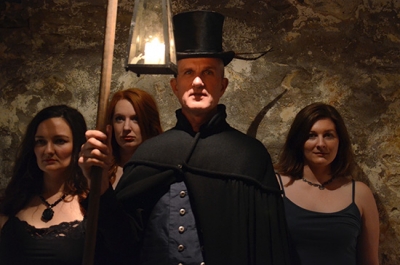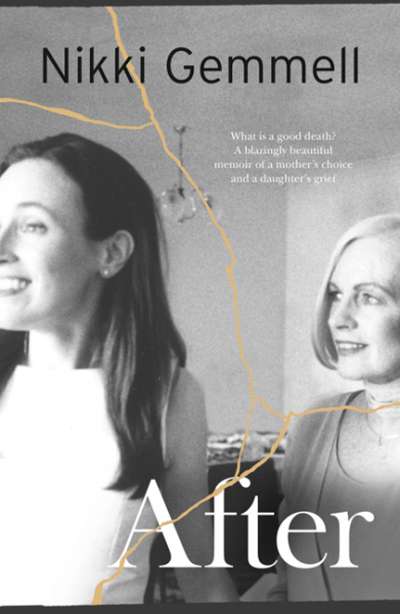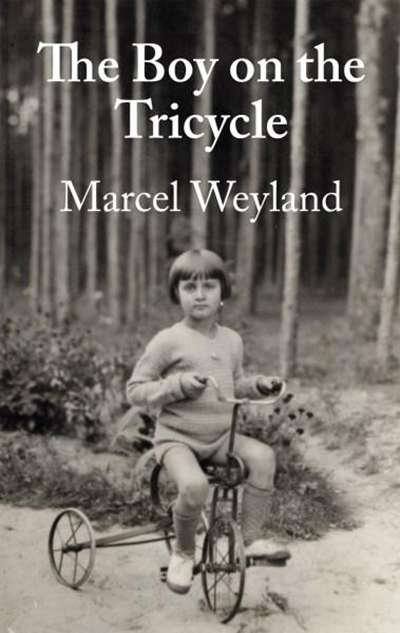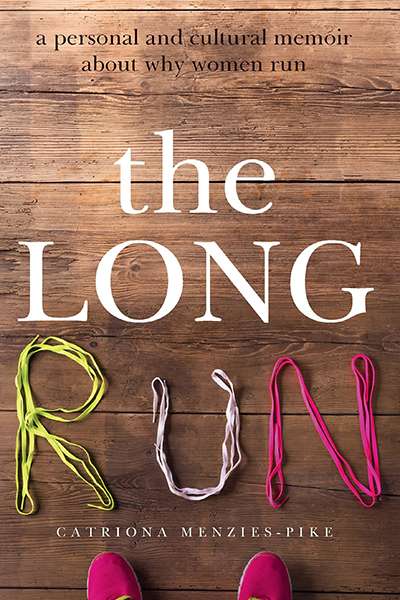Gillian Dooley
Gillian Dooley is an Honorary Senior Research Fellow in English at Flinders University, and a Visiting Fellow in the Music Department at Southampton University. Her publications include an edited book of interviews with Iris Murdoch (2003), V.S. Naipaul, Man and Writer (2006), J.M. Coetzee and the Power of Narrative (2010), and journal articles on a range of literary topics including music in the life and work of Jane Austen. In 2005 she co-edited Matthew Flinders’ Private Journal and in 2014 she published an edition of the correspondence between Iris Murdoch and the Australian radical philosopher Brian Medlin. She has been a regular reviewer for ABR since 2002. She is founding editor of the online journals Transnational Literature and Writers in Conversation.


